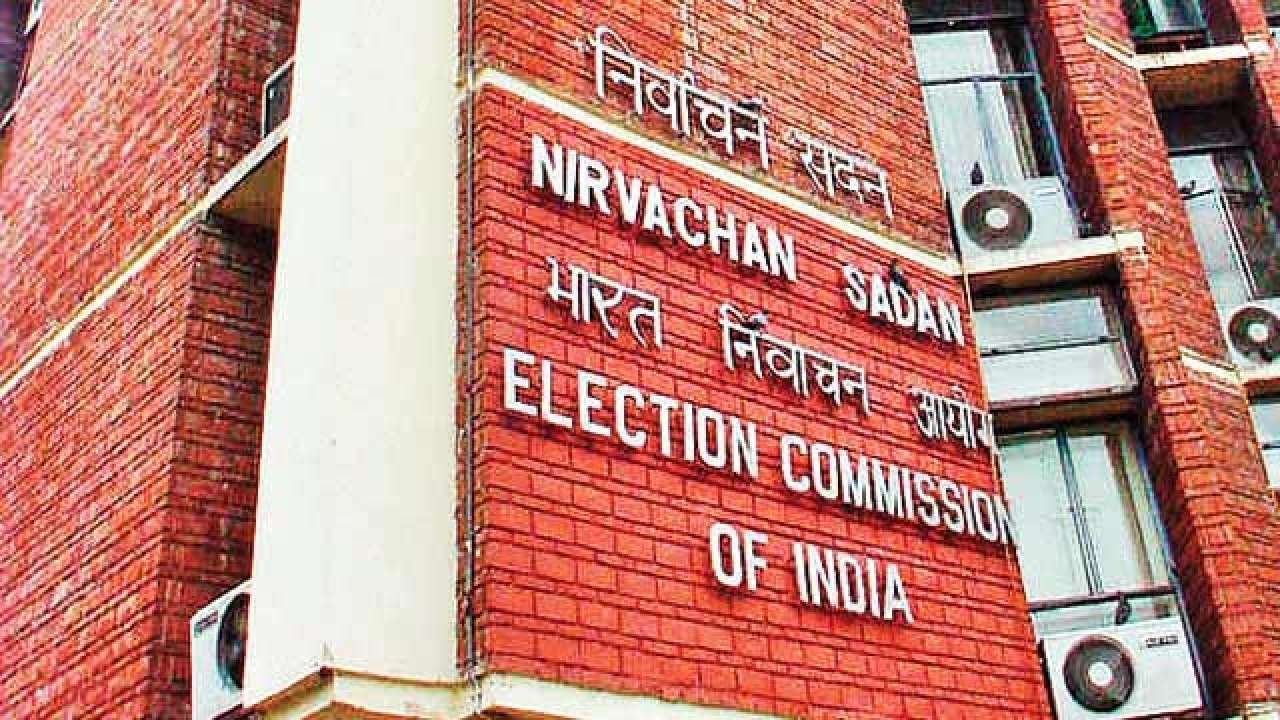Modi govt's Ram Temple Trust announcement not poll code violation, in line with SC order: EC
In a 5-0 unanimous decision, the Supreme Court on November 9, ruled that the disputed 2.77 acre land in Ayodhya will go to Hindus while Muslims will be given a 5-acre plot at an alternate location in the city for construction of the mosque.

Election commission
The Election Commission (EC) on Wednesday said that Prime Minister Narendra Modi's announcement of the formation of the Ram Janambhoomi temple trust in Ayodhya does not violate the rules specified under the Model Code of Conduct (MCC) which is in place due to the upcoming assembly polls in Delhi.
The poll panel clarified that its approval was not required for the PM's announcement on the 'Shri Ram Janmabhoomi Teertha Kshetra' Trust, stating that the Centre was acting on the Supreme Court's order which reigns supreme.
The model code of conduct was placed in Delhi soon after the announcement of the assembly election dates. The polls will be held on February 8 and the results will be announced on February 11.
In his Lok Sabha address on Wednesday, Modi said that trust has been formed for the construction of the temple in Ayodhya.
"We have readied a scheme for the development of Ram Temple in Ayodhya. A trust has been formed, it is called 'Sri Ram Janambhoomi Tirath Kshetra,'" PM Modi said in Lok Sabha.
"I am pleased to announce that a significant decision has been taken to follow the directives of the Supreme Court. As per the directions of the Supreme Court, the cabinet has prepared a detailed plan for the construction of Ram Temple at Ayodhya. As per the direction of the top court, a proposal for a Shri Ram Janambhoomi Tirth Kshetra has been passed by the cabinet," Modi told the lower house.
Soon after, the government notified the formation of the trust with the registered office in Delhi.
In a 5-0 unanimous decision, the Supreme Court on November 9, ruled that the disputed 2.77 acre land in Ayodhya will go to Hindus while Muslims will be given a 5-acre plot at an alternate location in the city for construction of the mosque.
In its judgment, the Supreme Court specified that in three months the Central Government needs to set up a trust to build the temple on the disputed site.
On December 12, the Supreme Court dismissed all the review petitions challenging the November 9 judgment on the Ayodhya case.
A five-judge bench headed by Chief Justice S A Bobde rejected 18 petitions in an in-chamber proceeding after finding no merit in it.